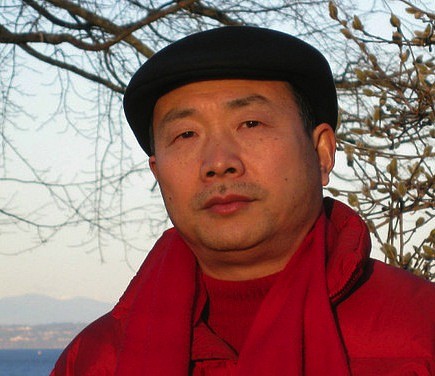
The Transformation of Chinese Painting Through Overseas Collecting
November 6, 2013 - 2:00 PM to 4:00 PM
In Western art history over the past three decades, studies on art marketing and collecting have proliferated. Likewise, students of Chinese art have also demonstrated an increasing interest in the area that has become such a significant topic. This public talk is intended to address the role of overseas collecting in the transformation of Chinese painting from the early twentieth century to our time. It begins with a story of an important yet little-studied relationship between Chinese painting and its emerging global market embodied in a half-century-long dialogue between Huang Binhong (1865-1955), a leading national style painting master, and art dealers, collectors, artists, and art historians in the West. This two-way interchange not only contributed to the making of the overseas collections of Chinese painting, but also facilitated Huang to establish his modernist art style. Symbolically, stories as such recur in the recent decades as the global market for Chinese contemporary art has expanded in an unprecedented scope and momentum.
Speaker: Professor Zaixin Hong
Zaixin Hong received his Ph.D. from China Art Academy, Hangzhou, China, and is Professor of Chinese Art History at the University of Puget Sound. His research interest focuses on Song-Yüan (960-1368) and modern Chinese painting, modern Sino-Japanese relationship, and the global market for Chinese art. He has published widely on these subjects. In addition, he authored an award-winning Chinese college textbook, The History of Chinese Art (in Chinese, Hangzhou, 2000, 2013 revised and enlarged edition), and compiled Essays on Chinese painting by overseas scholars (1950-1987) (in Chinese, Shanghai, 1992). A 2005-06 ACLS and NEH fellow, he is working on a new book, Shaking Hands with the Future: The Transformation of Chinese Painting through Overseas Collecting.
All lectures will be conducted in English. Chinese will be used when necessary.
Back to News
